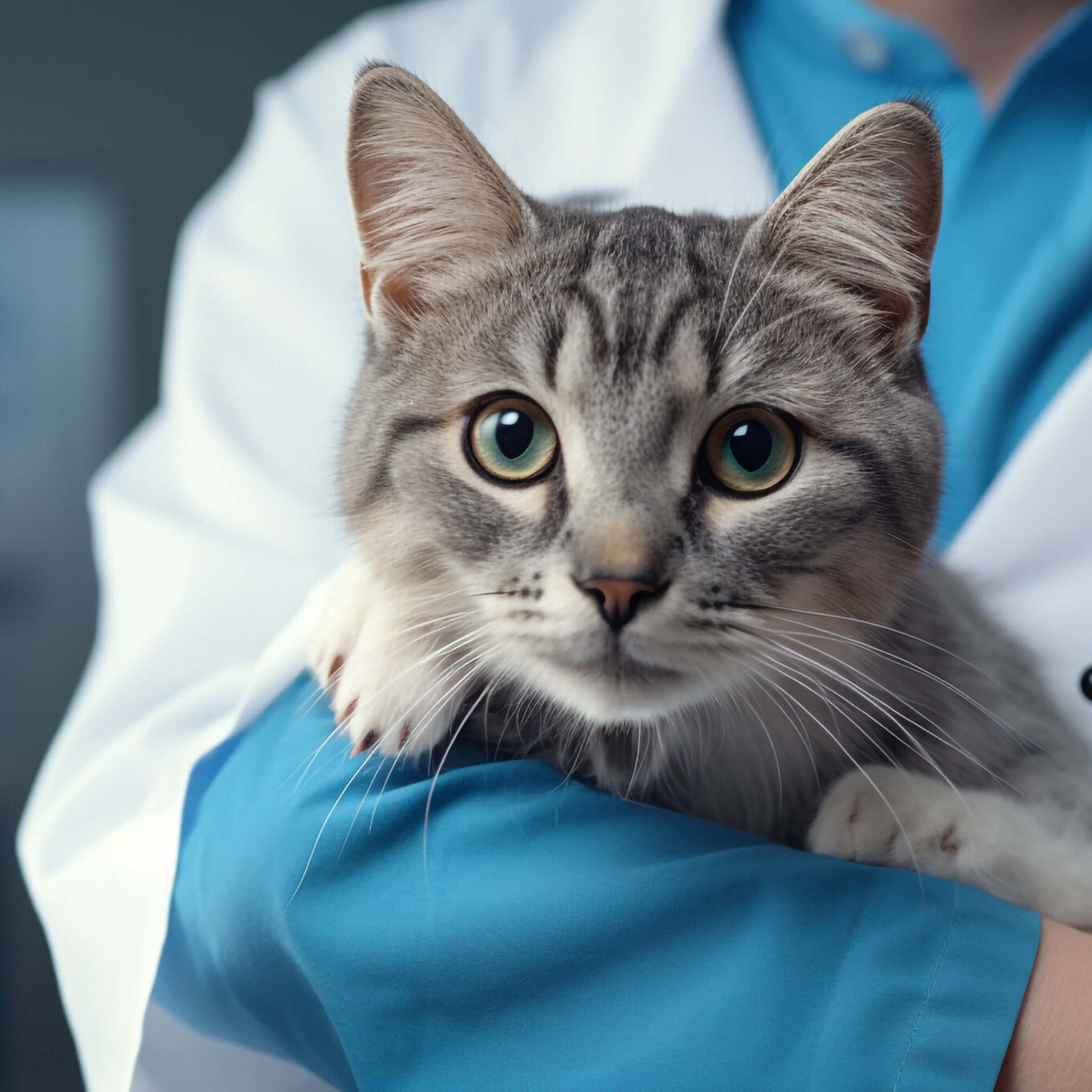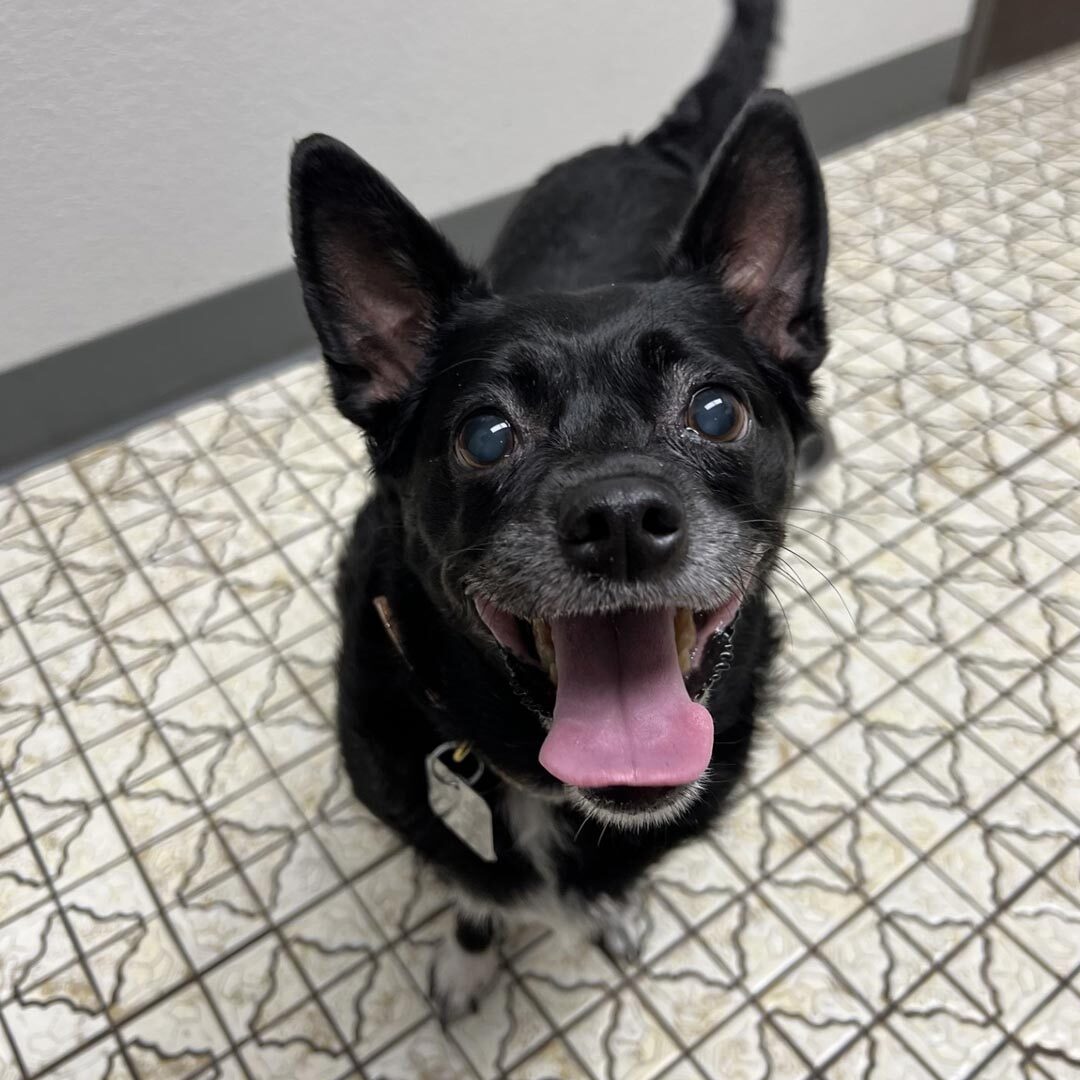
Cat and Dog Spay and Neuter Services in Las Vegas, NV
When your pets have completed their puppy and kitten vaccinations, it's time to consider the next step in their wellness journey: spaying or neutering. At Sahara Pines Animal Hospital in Las Vegas, NV, we provide expert spay and neuter surgeries for dogs and cats, bringing a host of health and behavioral benefits that last a lifetime.
Contact us to schedule your pet’s spay or neuter surgery today!
What Are the Benefits of Spay and Neuter Surgery?
Choosing to spay or neuter your pet is a responsible decision that contributes positively to their long-term health and behavior. Here are some of the benefits:
Prevents Uncomfortable Heat Cycles
Females are spared the stress of heat cycles, which can be messy and stressful for both the pet and the owner.
Reduces Health Risks
Spaying helps decrease the risk of mammary cancer and pyometra in females. Neutering can prevent certain prostate issues and testicular cancer in males.
Curbs Unwanted Behaviors
Neutered males are less likely to exhibit aggressive behaviors such as roaming, spraying, or mounting. Spaying and neutering can lead to a calmer and more content pet.
Increases Life Expectancy
Spayed or neutered pets are less likely to roam, reducing their risk of accidents or fights with other animals.
Controls Local Pet Population
Spay and neuter surgeries help reduce the number of animals in shelters across Las Vegas, NV, lessening the strain on these facilities and increasing the chances of adoption for many homeless pets.
Tips for a Smooth Recovery After Spay and Neuter Surgery
After your pet undergoes spay or neuter surgery at Sahara Pines Animal Hospital, ensuring a comfortable recovery is crucial. Here are some tips to help your pet heal quickly and safely:
- Keep your pet in a quiet, comfortable area away from high traffic zones in your home. Limit their physical activity and prevent them from jumping or running for at least two weeks after surgery.
- Check the incision site daily for signs of infection, such as redness, swelling, or discharge. It's important to keep the area dry and clean. Prevent your pet from licking or chewing at the stitches; consider using an E-collar if necessary.
- Your veterinarian will provide appropriate pain relief medications. Follow the dosage instructions carefully, and do not give human medications to your pet unless directed by your veterinarian.
- Follow the fasting instructions provided by your vet before the surgery. After surgery, you may need to feed your pet a slightly smaller amount than usual until they are fully active again to avoid weight gain during their recovery period.
- Keep an eye on your pet’s general behavior and pain levels. Some grogginess from anesthesia is normal in the first 24 hours, but if you notice any signs of severe discomfort or changes in behavior, contact us immediately.
